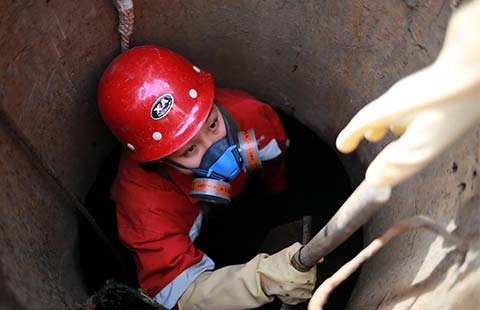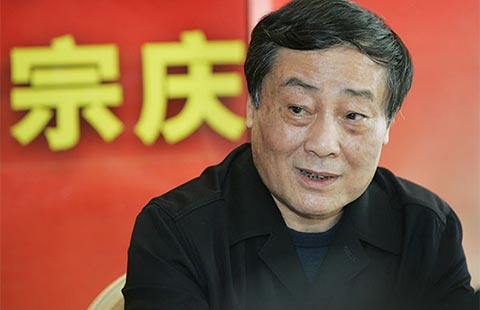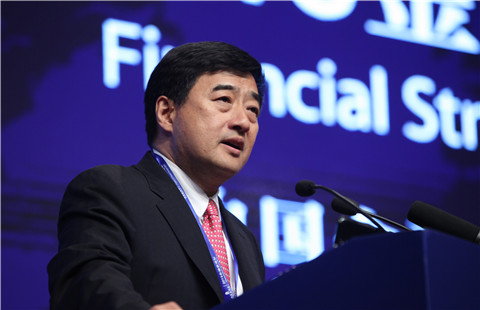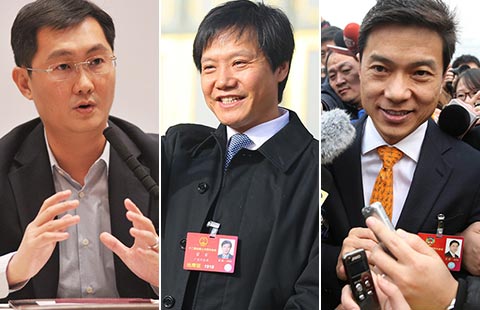Protectionism harmful
(China Daily) Updated: 2012-09-20 07:51
When Premier Wen Jiabao joins European Union leaders in Brussels on Thursday for an annual summit, both China and the EU will have a good opportunity to shape the strategic partnership of mutual respect and mutual benefit the two have vowed to build. However, when blueprinting the future, they will also need to address the recent trade friction, so that bilateral trade can flourish on a healthier terrain.
Since its inauguration in 1998, the China-EU annual summit has proved its strategic importance. As a top-level architecture of dialogue and cooperation covering more than 60 fields, it has become a major platform for the two sides to discuss issues of common concern and forge practical cooperation.
The two sides are expected to sign a series of documents at the meeting in Brussels in fields such as science and technology, anti-monopoly and low carbon.
With the world economic recovery facing many uncertainties, the eurozone debt crisis fermenting and trade protectionism raising its ugly head in Europe, China and the EU's commitments to strengthening their relationship could contribute to the international efforts to help Europe out of the crisis and build up global confidence.
Cooperation between China and Europe has brought tangible benefits to peoples on both sides and contributed to world peace, stability and sustainable development. Last year, bilateral trade topped $567.21 billion, having more than quadrupled since 2003. EU exports to China have grown faster than China's exports to the EU in the past four years. Apart from traditional economic and trade fields, there is great potential in new areas such as urbanization, energy and climate change for the two sides to tap into.
Against this generally rosy picture, however, there exist differences and disputes between the two sides.
Despite Beijing urging dialogue, the European Commission initiated an anti-dumping investigation into China's solar panels on Sept 6 based on untenable accusations. The case involves more than $20 billion of Chinese exports, the biggest so far, and constitutes a test of the bloc's commitment to free trade.
It is hoped both sides will find proper solutions to the latest trade disputes at the summit. At a time when the EU's trade with China is already suffering because of the debt crisis, the wisest course is not to set up trade barriers, but to tap the full potential of bilateral cooperation.
- China's farm produce prices rise modestly
- Chinese exports slump, outlook worrying
- Chinese takeover of Australia's largest agricultural land holding receives lifeline
- 28 companies sign up for Shanghai Hongqiao CBD core zone
- Shares extend winning streak on Tuesday
- Female employees want more international experiences: PwC survey
- Females take Internet financing world by storm
- BMW centenary concept car showcases the future of mobility
















